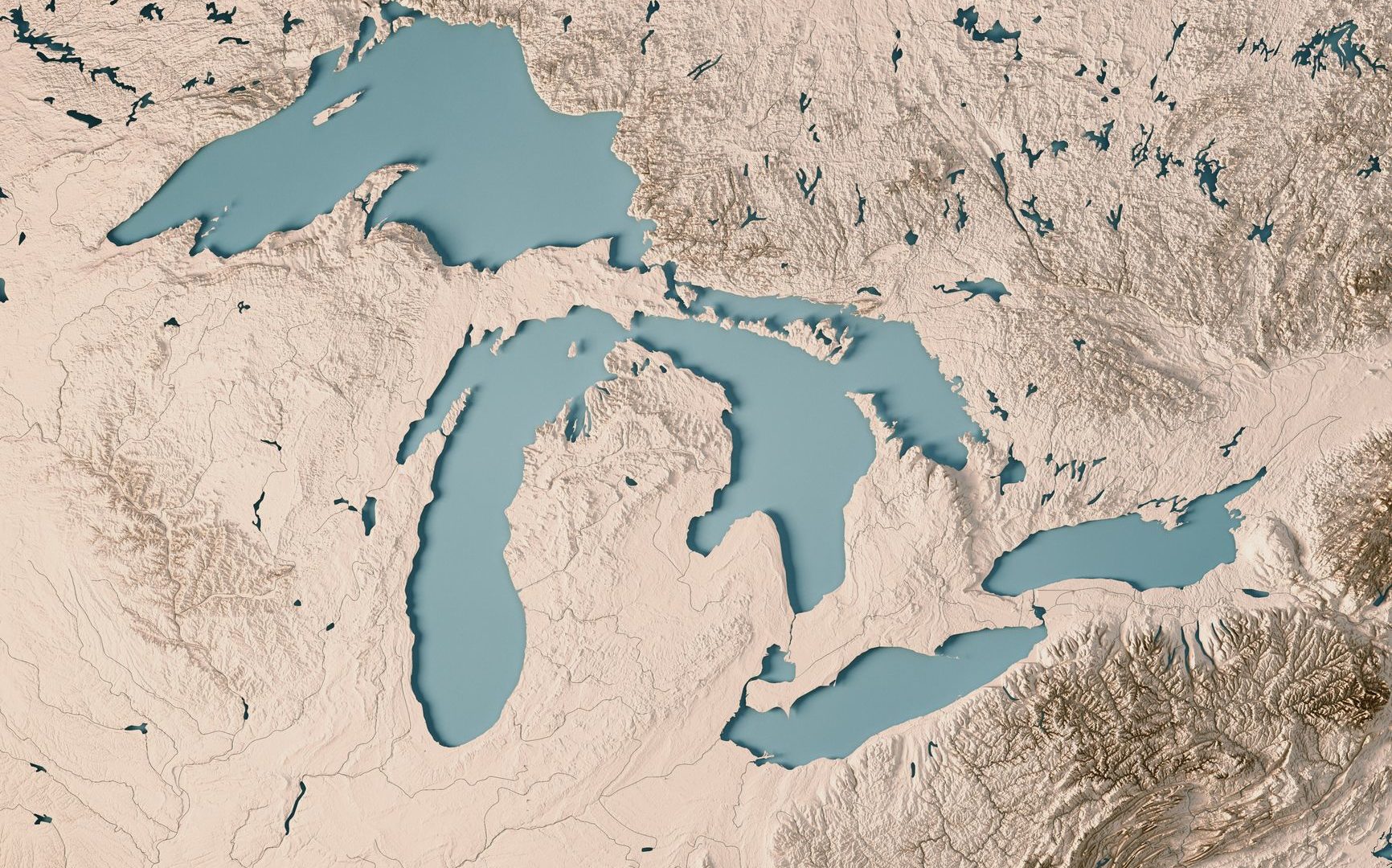The International Joint Commission (IJC) has advice for Canada and the United States on how to improve binational cooperation for Great Lakes water quality programs.
“Climate change is a priority concern according to respondents of the Commission’s public outreach,” said Jane Corwin, chair of the IJC’s U.S. Section. “Meaningful climate change adaptation will take binational cooperation and commitments to action from all sectors.”
In the new report, 2020 Second Triennial Assessment of Progress Report on Great Lakes Water Quality, the IJC recommends that both governments spend the next three years establishing a binational climate adaptation strategy and eliminating blue-green algal blooms from Lake Superior. The IJC also recommends better linking program activities to progress reporting and improving public engagement
“An important part of the IJC’s responsibilities is public engagement, and we are grateful to the people who shared their time and talents with us last year,” said Pierre Béland, chair of the IJC’s Canadian section. “Binational cooperation also requires vigorous and diverse engagement.”
In 2019, more than 2,000 people participated in IJC meetings and surveys to collect public input on government documents that the IJC reviews as part of its Triennial Assessment of Progress reporting duties. An online IJC Story Map contains the record of public comments.
The IJC is an independent treaty organization that assists Canada and the United States to prevent and resolve disputes over shared waters, including the Great Lakes. The IJC is responsible to assess the progress of the governments every three years under the Great Lakes Water Quality Agreement.













